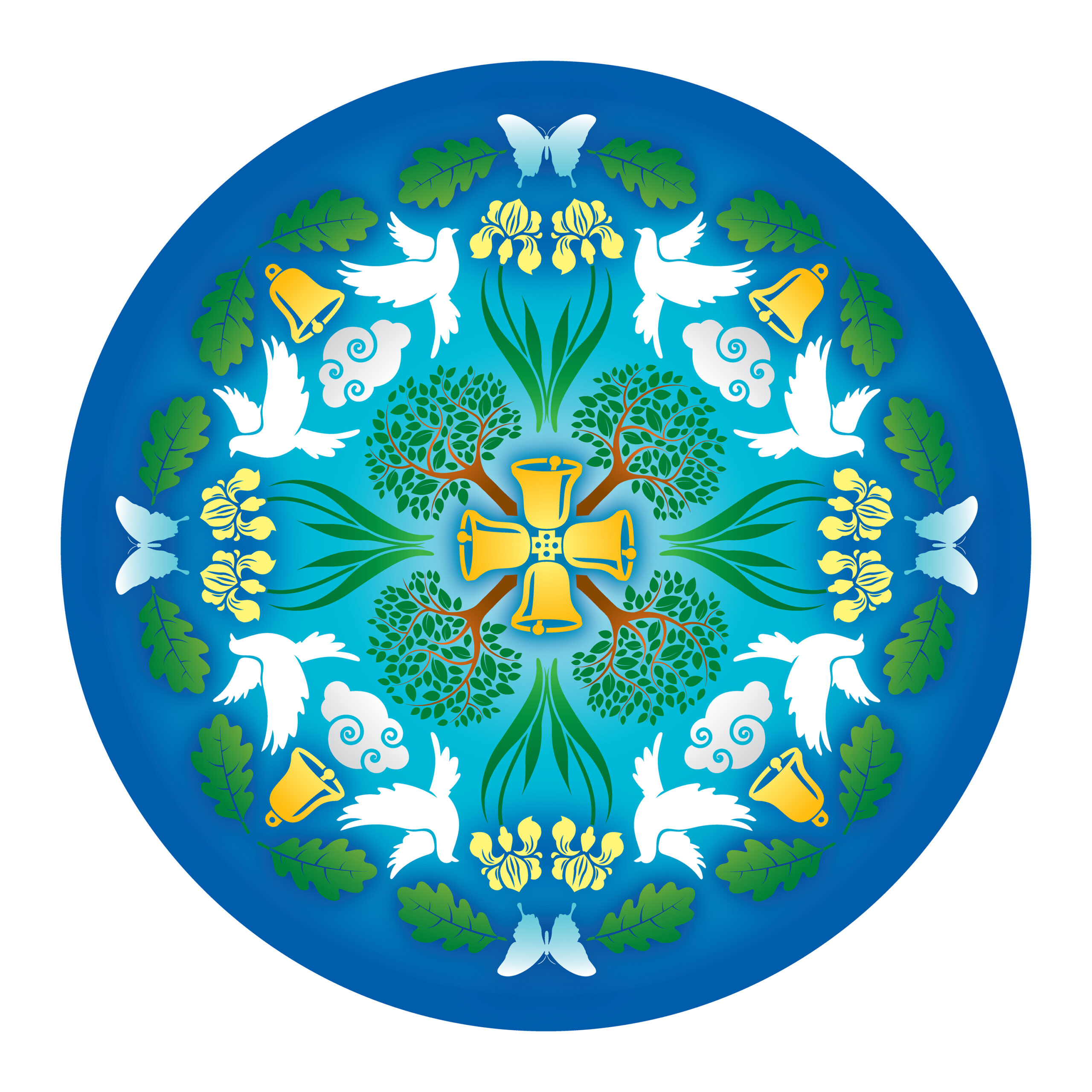“I had a monster in my brain, a monster who wanted to get me alone, and convince me to have that first drink or pill, and then that monster would engulf me.”
-Matthew Perry, Friends, Lovers, and the Big Terrible Thing, p. 152
Addiction is like an enemy posing as a friend, constantly whispering in your ear, lying to keep you trapped. It might tell you that it’s ok to have just one drink (even when that one drink usually leads to a second, third, fourth…). It might set rules that are supposed to demonstrate that drinking or using isn’t a problem, like “as long as I don’t drink every day/don’t drink before 5:00 pm/stick to wine/don’t drink hard liquor/only take pills and avoid heroin/am able to go to work every day, I’m ok.” If you were able to take a step back and get away from that whispered voice, though, you’d see the lies for what they were.
When I worked at Chrysalis House, a residential treatment program for women, one of the first assignments the clients were given was to write a goodbye letter to drugs and alcohol. This makes sense, because being an alcoholic or addict is a lot like being in an abusive relationship. Just as the early “love bombing” stage of an abusive relationship can feel great, drinking or using feels great at first. Over time, though, that changes. The abusive partner (whether a person, a substance, or another type of addiction) starts to isolate you from your family and friends. They know that when they get you alone, it will be easier for them to control you. They’re not love bombing you anymore—they’re telling you that you’re a loser and that they’re the only ones who will ever love you. The shame and isolation separate you from the people who could tell you that you’re not a loser and that you deserve so much more.

Just as it can be hard to stay away from an abusive partner, it’s common to relapse when you’re in recovery from addiction. These slips can add to the shame and sense of futility, telling you that you might as well keep going with drinking or using because you’ve already ruined everything anyway. I like the way some people in Alcoholics Anonymous reframe relapse, though. They call it “doing more research.” You weren’t sure if drinking or using was truly a problem for you, so you did more research and realized that, yes, it truly is a problem, so you’re going to stop. If you take this perspective, it’s easier to not be derailed by slipping up.
Many people find 12-step groups like Alcoholics Anonymous (AA), Narcotics Anonymous (NA), Al-Anon, Co-dependents Anonymous (CoDA) and Adult Children of Alcoholics (ACoA) to be invaluable in their recoveries. Others might try Celebrate Recovery, a Christian-centered recovery group. Still others, who might be turned off by talk of a higher power, might prefer the secular SMART recovery. These groups offer two key things that are essential for most people in recovery: support and accountability.
Many people realize that they need or want more help in their recoveries than these groups can offer, though, which is where therapy comes in. Coming to me for therapy not only offers support and accountability; it has the added benefit of my 20+ years of experience helping clients to work through both their addictions and the roots of the addictions.
I am also an auricular detoxification specialist, which means that I use an ear acupuncture treatment to support recovery from chemical addictions.
If you’re ready to take the next step in recovering from addiction, or even if you just want to explore the possibility, give me a call at 410-888-0590 or email me at jenniferbeall.lcpc@gmail.com.
Reference:
Perry, Matthew, Friends, Lovers, and the Big Terrible Thing. Flatiron Books, 2022.
